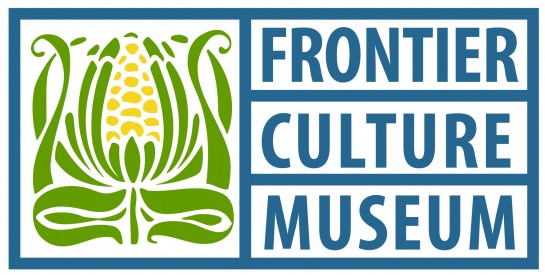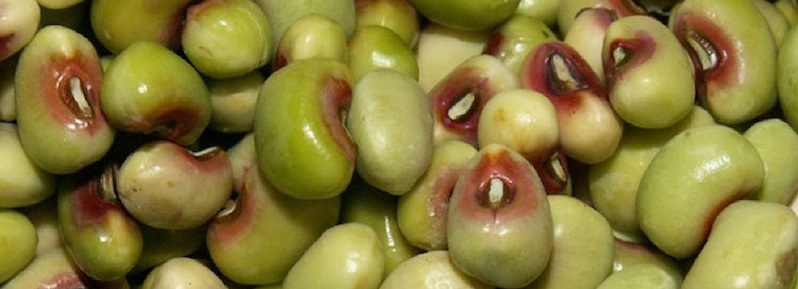Growing Native: Three Sisters Gardens
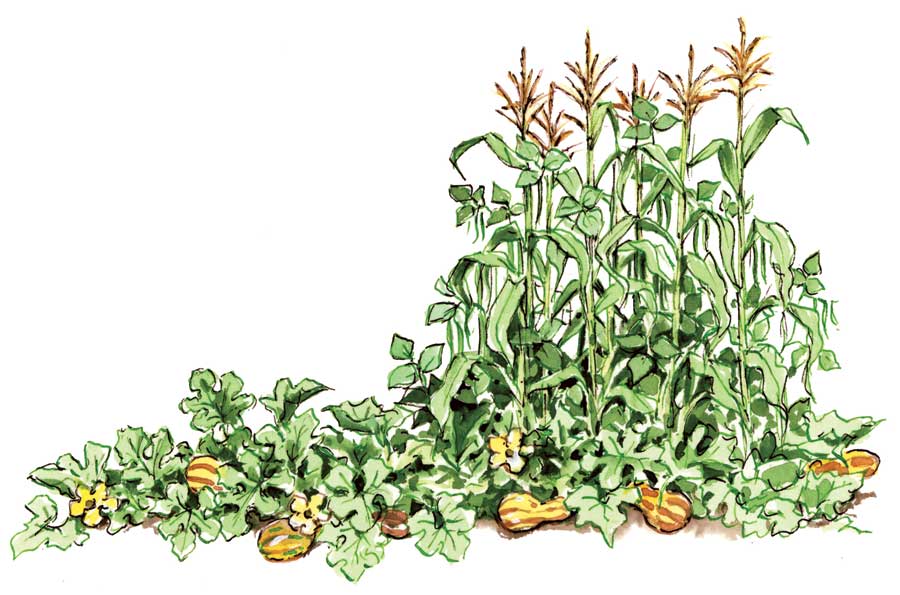 Native farmers were going organic long before the words sustainable and permaculture were invented. Last week we visited a living example of native organic wisdom, the three sisters garden at the Frontier Culture Museum in Staunton, Virginia.
Native farmers were going organic long before the words sustainable and permaculture were invented. Last week we visited a living example of native organic wisdom, the three sisters garden at the Frontier Culture Museum in Staunton, Virginia.
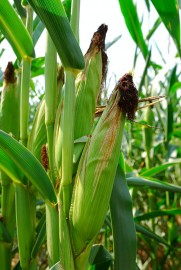
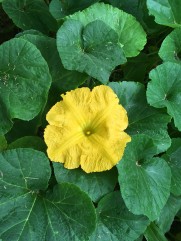

Corn, beans and squash are called the “three sisters” because, when grown closely together, they sustain and encourage one another. The tall stalks of maize provide support for the climbing bean vines which, in turn, stabilize the corn, strengthening it against storms and wind. Beans also put much needed nitrogen back into the soil. The leaves of the third sister, squash or pumpkin, blanket the surrounding ground. Their prickly leaves shade out weeds, keep the soil cool, and discourage pests.
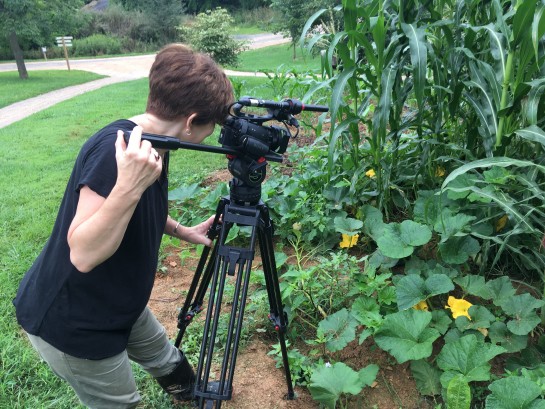
When Europeans arrived, they mistook these “corn gardens,” as they called them, for wild messes. While native gardens could support roughly three times as many people per acre as European row crops, Europeans either could not, or would not, acknowledge that much could be learned from indigenous farmers, most of them women.
The Haudenosaunee, (pronounced Ho-deh-no-shaw-nee), also known as the Iroquois, are credited with coining the term “three sisters,” although the practice probably began thousands of years ago further south in Mesoamerica where native peoples invented corn. From Guatemala to Canada, wherever indigenous peoples continue to plant corn, you will find three sisters growing together in support of one another and of native culture.
Across the web, multiple articles explain how to grow a three sisters garden in your home or school. Southern Exposure Seed Exchange even offers a thoughtful assortment of heirloom seeds for planting. Many historic sites grow three sisters gardens. If you live near the Shenandoah Valley of Virginia, you can check out the one at Frontier Culture Museum The Frontier Culture Museum.
